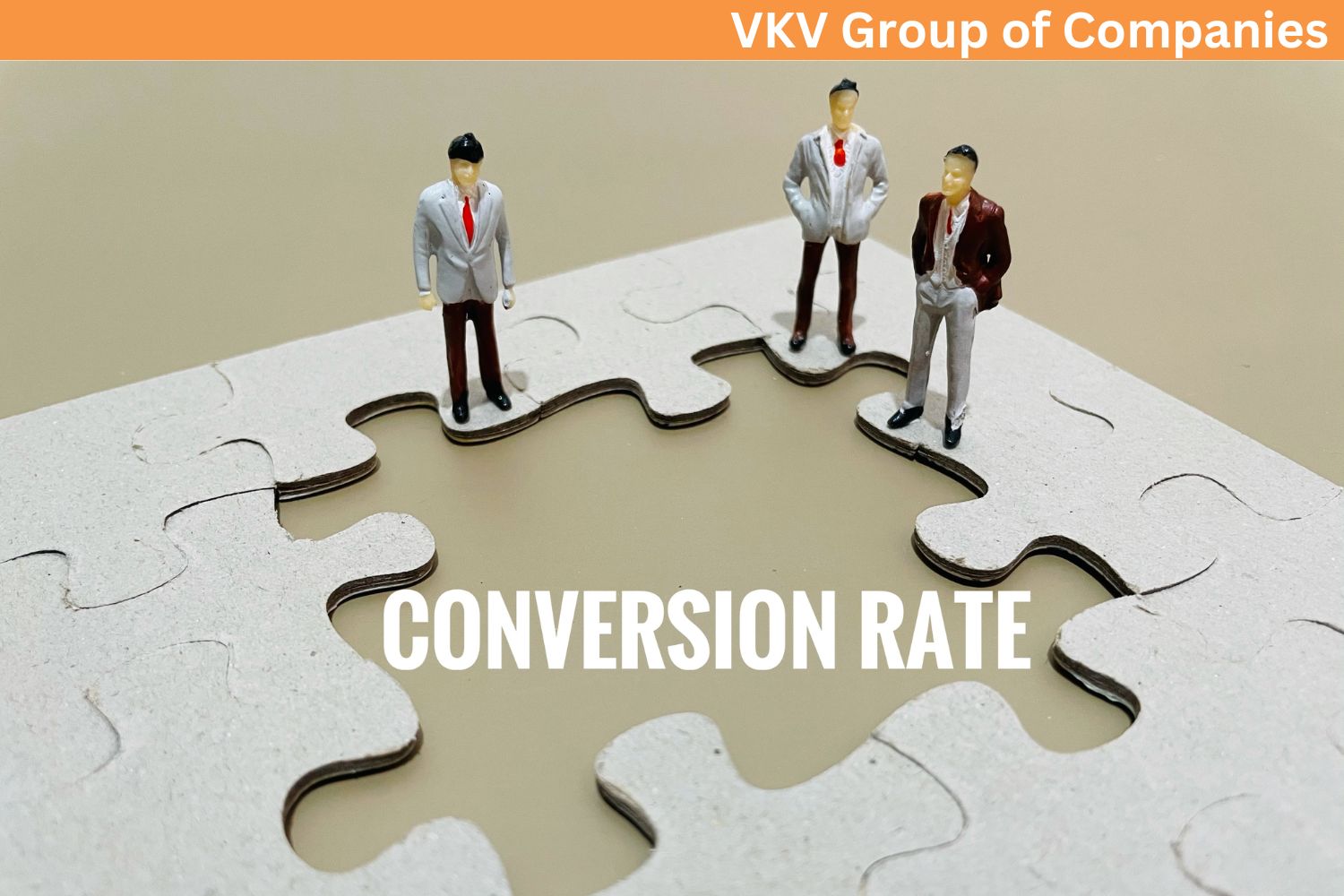
Data-driven decisions are at the heart of our approach
We offer in-depth analytics and performance reports that give you insightful information on the efficacy of your digital marketing initiatives and point out areas for development.
Process Benefits of Analytics and Performance Reporting
1. Data-Driven Decision Making
- Businesses can make decisions using analytics and performance reporting that are grounded in fact rather than hunches or speculation. Thus, the alignment of strategies and tactics with actual performance is ensured.
2. Identifying Key Performance Indicators (KPIs)
- Businesses can evaluate which KPIs are most important for their unique goals using analytics. By concentrating resources in these areas, the bottom line benefits.
3. Trend Analysis
- Identification of patterns and trends is made feasible by observing performance over time. This enables a greater comprehension of market dynamics and consumer behavior.
4. Segmentation and Targeting
- Analytics can be used to segment audiences based on a variety of factors, such as location, activity, or demographics. This makes it possible to tailor marketing initiatives, which frequently increase engagement and conversion rates.
5. Campaign Optimization
- Performance summaries can show which campaigns or channels are succeeding and which ones require improvement. This guarantees that funds are used wisely and with the greatest possible impact.
6. Cost Efficiency
- Businesses can direct their funds to the most effective marketing channels by examining the return on investment (ROI) of various marketing initiatives. As a result, unnecessary money is not spent on projects that are less successful.
Deployment Benefits of Analytics and Performance Reporting
1. Measurable ROI
- The return on investment for a business' marketing initiatives can be measured. By doing so, a clear image of the value produced by each campaign or activity is shown.
2. Improved Accountability
- It is simpler to hold teams and individuals responsible for their contributions to marketing initiatives when performance data is public. This encourages a culture of accountability and constant development.
3. Customized Reporting
- Analytics systems frequently enable the generation of specialized reports geared toward particular company objectives. This makes sure that the metrics being measured are in line with the particular goals of the organization.
4. Real-Time Insights
- Real-time reporting is a feature that many analytics platforms provide, enabling firms to respond quickly to shifting market patterns or unanticipated developments..
5. Competitive Advantage
- Businesses can gain an advantage over rivals that may still rely on less precise or thorough methods of performance evaluation by leveraging data-driven insights.
6. Strategic Planning
- Businesses may decide on their future initiatives more intelligently when they have access to precise performance data. This covers everything, from marketing efforts to product development.
7. Feedback Loop for Improvement
- A feedback loop created by performance reporting enables companies to learn from their triumphs and failures. Over time, this iterative process produces marketing tactics that are more and more successful.











